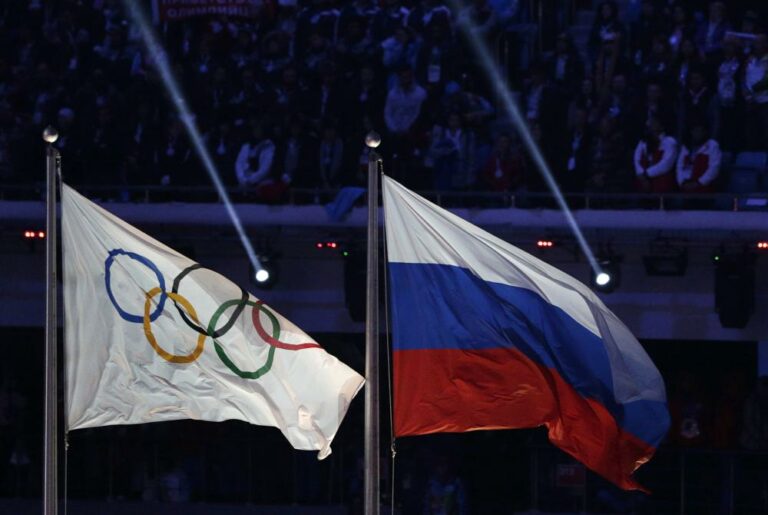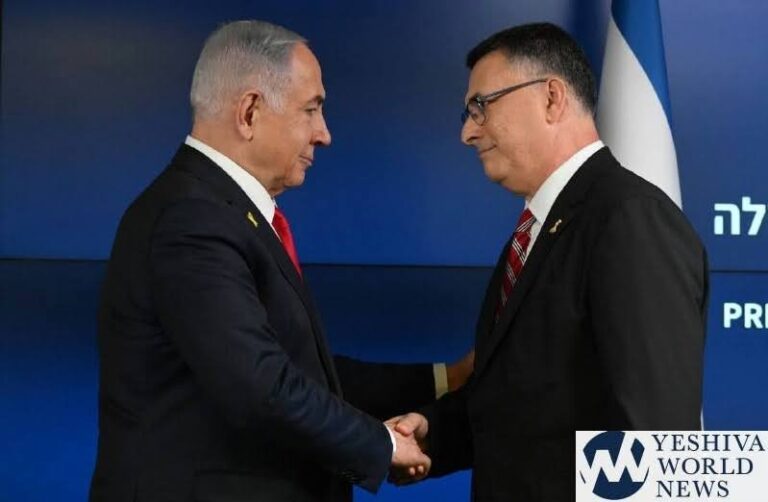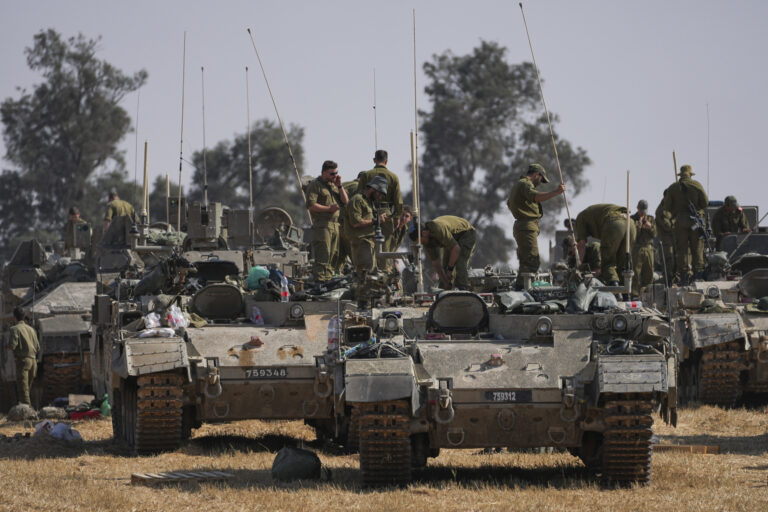Russian teams were suspended Monday from all international soccer, including qualifying matches for the 2022 World Cup, as Moscow was pushed toward pariah status in sports for its invasion of Ukraine.
World soccer body FIFA and European authority UEFA banned Russian national and club teams from their competitions “until further notice.” Russia’s men’s national team had been scheduled to play in World Cup qualifying playoffs in just three weeks’ time.
“Football is fully united here and in full solidarity with all the people affected in Ukraine,” FIFA and UEFA said in a joint statement.
The high-level punishment involving sports and politics — something not seen for decades — came after the International Olympic Committee pushed dozens of sports governing bodies to exclude Russian athletes and officials from international events.
The IOC said this action was needed to “protect the integrity of global sports competitions and for the safety of all the participants.”
Denying Russia a place on the international stage could deliver a financial and psychological blow to the country, along with tarnishing its image as an elite sports powerhouse.
FIFA’s move excluded Russia from the World Cup ahead of qualifying playoff on March 24. Poland already had refused to play its scheduled game against Russia.
UEFA also took the last remaining Russians in European club competitions this season, Spartak Moscow, out of the second-tier Europa League. Spartak’s scheduled opponent on March 10 and 17, Leipzig of Germany, advances directly to the quarterfinals, UEFA said.
Russia now faces the kind of isolation suffered by Yugoslavian teams in 1992 after war broke out in the Balkans and by South African teams and athletes during the apartheid era of racial segregation and discrimination.
South Africa was suspended by FIFA in 1964 and expelled in 1976 over apartheid, then reinstated in 1992. Yugoslavia was dropped from the 1992 European Championship on short notice, a day after the U.N. approved sanctions against the war-torn country. It was barred from 1994 World Cup qualifying, before emerging as separate nations.
Decisions by FIFA and UEFA can typically be challenged on appeal at the Court of Arbitration for Sport in Lausanne. The Football Union of Russia said in a statement that it would “reserve the right to challenge” the decision.
“I feel sorry for my boys,” said Russia coach Valery Karpin. “They were dreaming about playing at the World Cup. Now their hope is gone.”
Hockey followed suit, with international and NHL officials also punishing Russia.
The International Ice Hockey Federation banned Russia and close ally Belarus from competitions at all age levels and said it was moving the 2023 world junior championship out of Siberia.
The NHL also condemned the invasion, suspending all business dealings in Russia and ruling out the possibility of holding events there in the near future.
“We also remain concerned about the well-being of the players from Russia, who play in the NHL on behalf of their NHL clubs, and not on behalf of Russia,” the league said. “We understand they and their families are being placed in an extremely difficult position.”
It was not immediately clear how the decisions would affect Russian tennis players, including top-ranked Daniil Medvedev, in Grand Slam, ATP and WTA tournaments outside the authority of the International Tennis Federation.
The IOC also went directly after President Vladimir Putin, who turned the 2014 Sochi Winter Olympics into a personal project. Putin’s golden Olympic Order, which was awarded in 2001, has been withdrawn, the IOC said in a statement.
The Olympic body’s call also applied to athletes and official from Belarus, which has abetted Russia’s invasion by allowing its territory to be used to station troops and launch military attacks.
The IOC said it acted “with a heavy heart,” but noted that the impact of war on Ukrainian sports and athletes who cannot now take part in competitions outweighed the potential damage done to athletes from Russia and Belarus.
It was not a total blanket ban by the IOC, which also did not specifically suspend the national Olympic committees of Russia and Belarus.
Where exclusion was “not possible on short notice for organizational or legal reasons,” then teams from Russia and Belarus should compete as neutral athletes with no national flag, anthem or symbols, including at the upcoming Winter Paralympics in Beijing, the IOC said.
Russian Olympic committee leader Stanislav Pozdnyakov said in a statement “there is only one comment to make — we categorically disagree,” adding it would help national federations to challenge “discriminatory rulings.”
Sports bodies across Europe already had moved against Russia on Monday by refusing to host or play against its teams.
Finland wants the Russian hockey team banned from the men’s world championships it will host in May, the Swiss soccer federation said its women’s team will not play Russia in July at the European Championship, and German soccer club Schalke said it had decided to end its longstanding partnership with Gazprom.
In the World Cup, Russia’s potential future opponents Sweden and the Czech Republic had joined Poland saying they would refuse to take the field. The World Cup is scheduled to begin Nov. 21 in Qatar.
FIFA had tried to compromise Sunday by suggesting Russia play at neutral venues without its flag and anthem and under the “Football Union of Russia” name.
That aligned with sanctions imposed by CAS in December 2020 to punish Russia for state-backed doping and cover-ups of cheating, and applied at last year’s Tokyo Olympics and this year’s Winter Games in Beijing.
Polish soccer federation president Cezary Kulesza said Sunday it was “totally unacceptable” that FIFA had not immediately expelled Russia from World Cup qualifying and said Poland is “not interested in participating in this game of appearances.”
Another future opponent, Albania, also said Sunday it would not play against Russia in any sports. Russia and Albania are scheduled to meet twice in June in the UEFA Nations League soccer tournament.
In hockey, the sport’s governing body has come under pressure from Finland and Switzerland to ban Russia and Belarus, both due to play at the world championships in May in Helsinki and Tampere.
Finnish Hockey Association chairman Harri Nummela said in a statement Monday it had talks with the Zurich-based IIHF to exclude the two countries from the sport internationally.
(AP)











